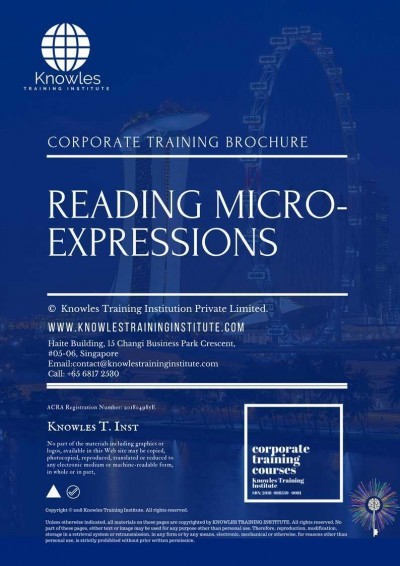

Surprisingly, although Plato, Aristotle, Descartes, and Hobbes ( 1, 4, 5), among others, mentioned other types of facial expressions, subsequent research has mainly focused on the study of the six facial expressions of emotion listed above ( 6– 9). We then use a computational model of face perception to demonstrate that most of these categories are also visually discriminable from one another. We show that these differences are sufficient to distinguish between the 21 defined categories. A Facial Action Coding System analysis shows the production of these 21 categories is different but consistent with the subordinate categories they represent (e.g., a happily surprised expression combines muscle movements observed in happiness and surprised). Sample images of their facial expressions were collected from 230 human subjects. The present work defines 21 distinct emotion categories. For instance, happily surprised and angrily surprised are two distinct compound emotion categories. Compound emotions are those that can be constructed by combining basic component categories to create new ones. This paper describes an important group of expressions, which we call compound emotion categories.


However, many more facial expressions of emotion exist and are used regularly by humans. Past research on facial expressions of emotion has focused on the study of six basic categories-happiness, surprise, anger, sadness, fear, and disgust. Understanding the different categories of facial expressions of emotion regularly used by us is essential to gain insights into human cognition and affect as well as for the design of computational models and perceptual interfaces.


 0 kommentar(er)
0 kommentar(er)
